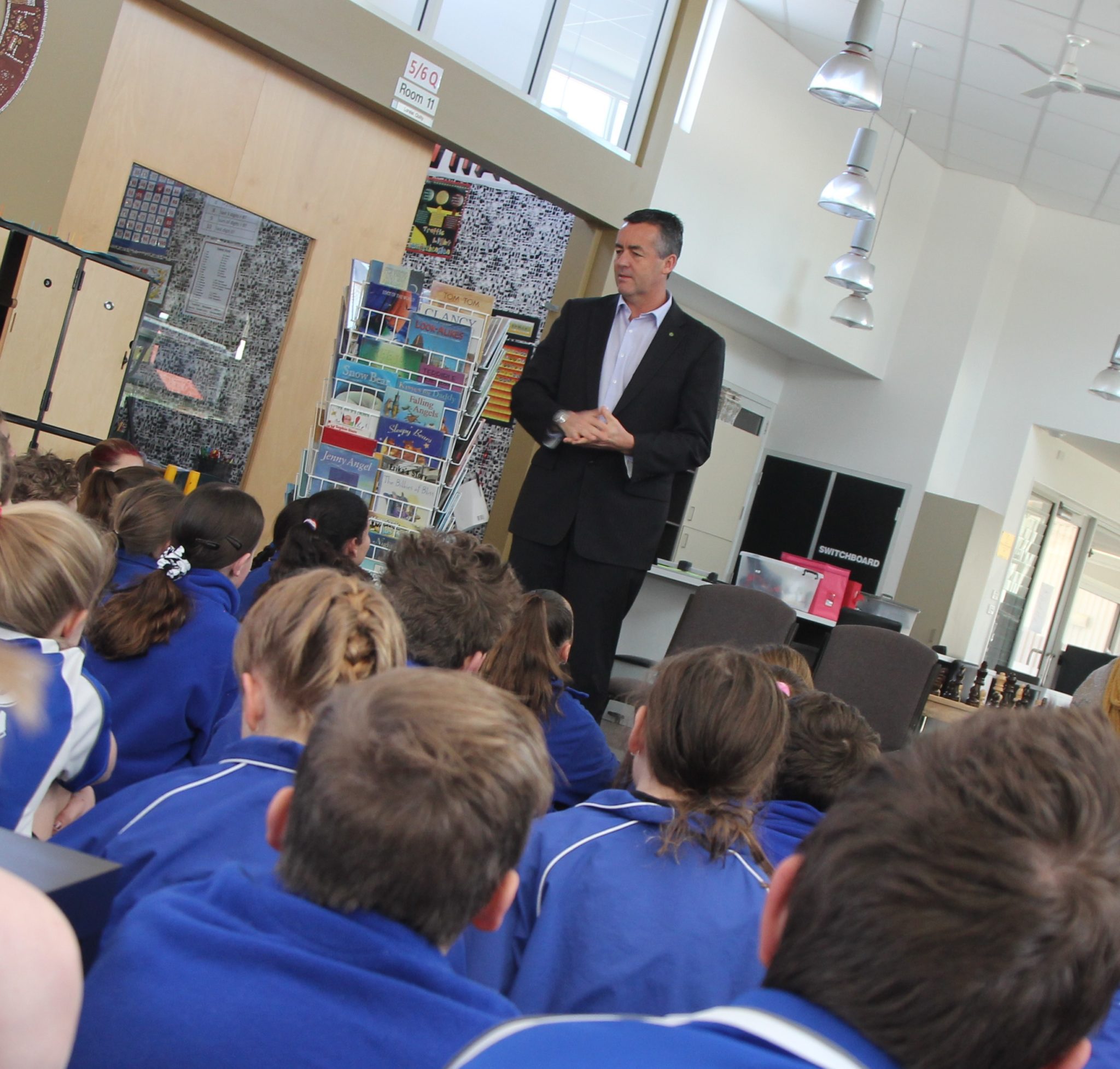The Federal Government has announced a range of new initiatives to encourage country students to continue studying beyond secondary school.
The Nationals Member for Gippsland Darren Chester said the Higher Education Reform package would benefit local students.
“As a government, we need to do everything we can to reduce the economic barriers for young people in regional areas who want to continue their formal education beyond year 12,” Mr Chester said.
“There will be students who go on to have successful and meaningful careers in a range of trades and other industries, but we need to make sure those who want to study at university can do so.
“We must find a way to help regional students, and their families, with the additional costs they face when students relocate to attend university and don’t have the option of continuing to live in the family home.
“We also have a shared community responsibility to increase the aspiration among young people and encourage them to take up education and training opportunities.”
Under the Higher Education Reform package, the Coalition Government has committed $24 million over four years for Rural and Regional Enterprise Scholarships. These scholarships are worth up to $18,000 each and will support 1200 regional and remote students studying science, technology, engineering or mathematics.
The Higher Education Participation and Partnerships Program (HEPPP) will be reformed and delivered as three funding streams to universities: a loading for each eligible low socio-economic status (SES) student; performance funding based on success rates of low SES and Indigenous students; and a National Priorities Pool to give a greater focus on rigorous evaluative research and encourage collaboration between universities.
The Coalition Government will also commit $15 million over four years to establish and maintain up to eight community-owned, regional study hubs to improve access to higher education in regional, rural and remote Australia.
In addition, the government will increase support for regional students by extending demand-driven funding to eligible sub-bachelor courses, giving students a better opportunity to obtain a relevant, recognised qualification more quickly.
For more information, students can visit the Study Assist website. A range of student-focussed FAQs are also available.

